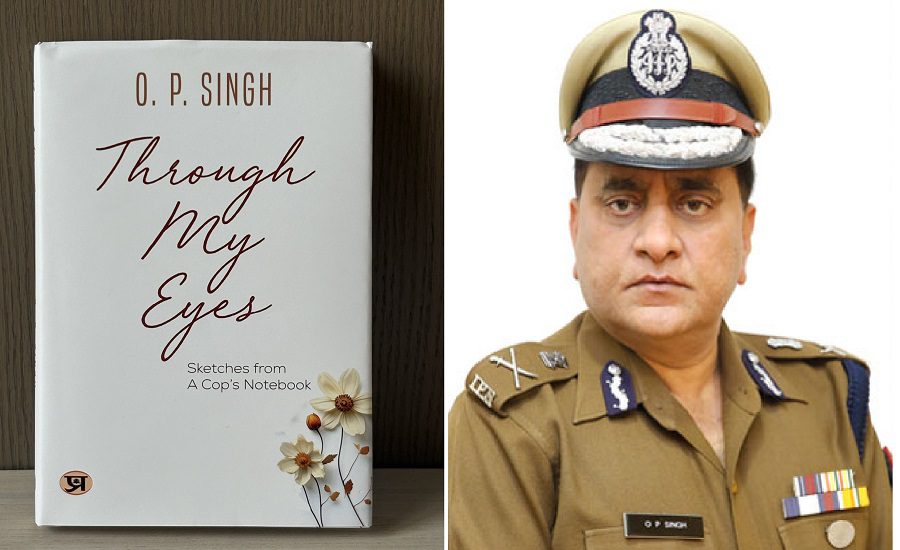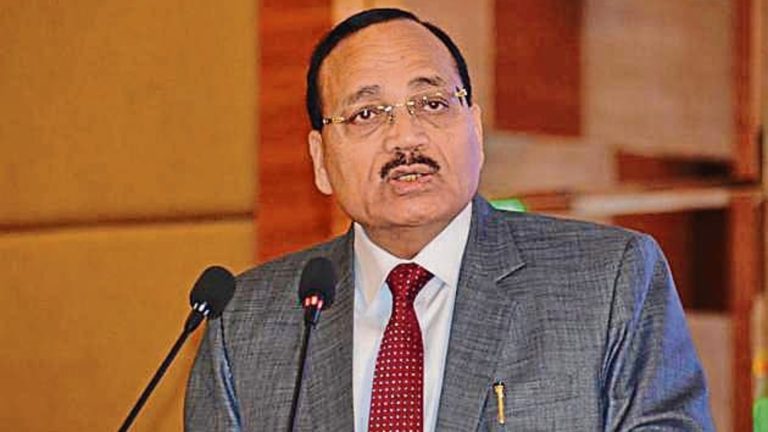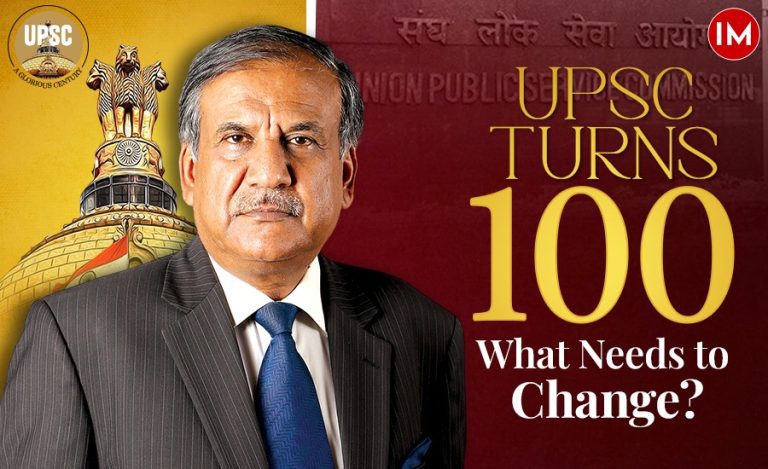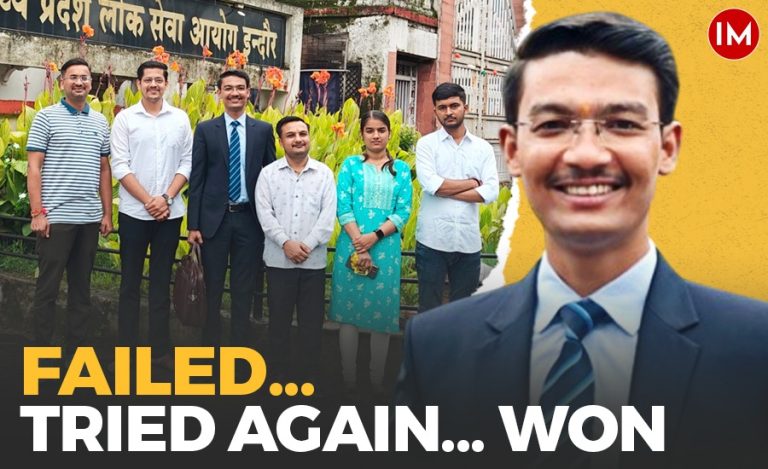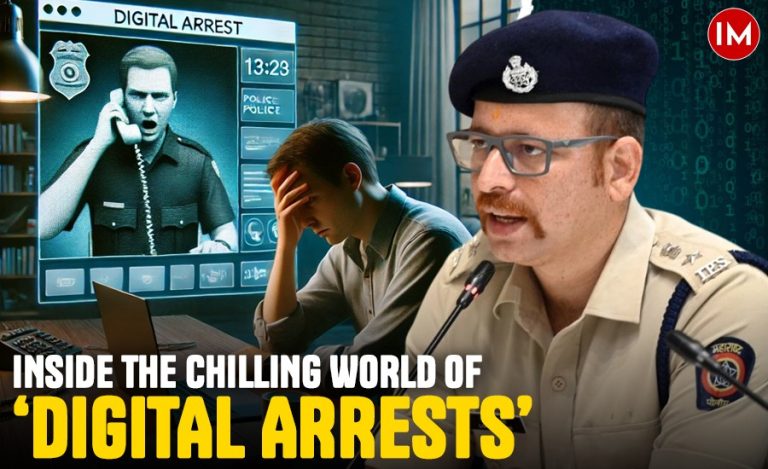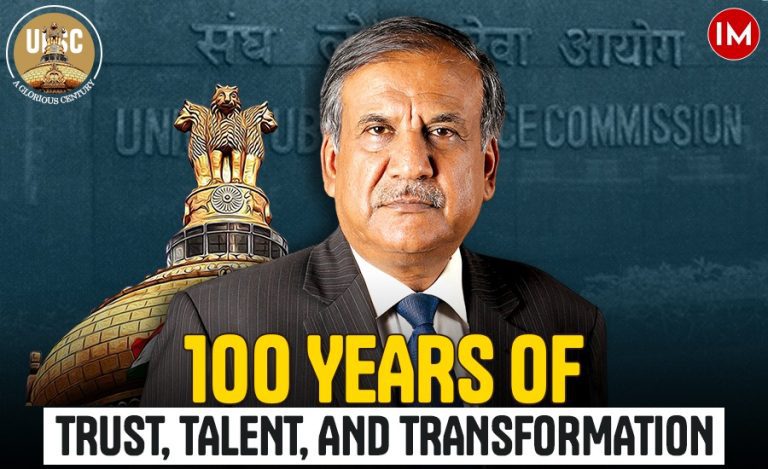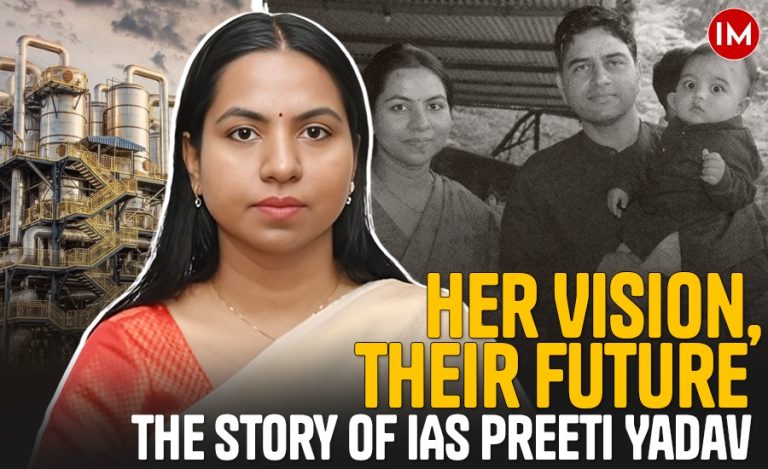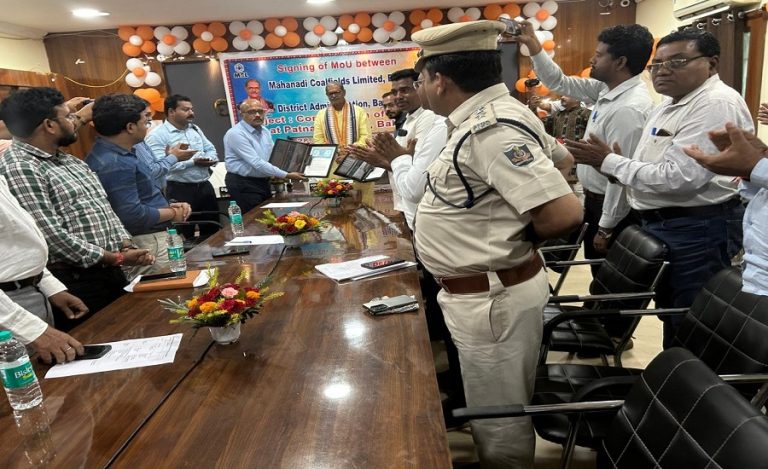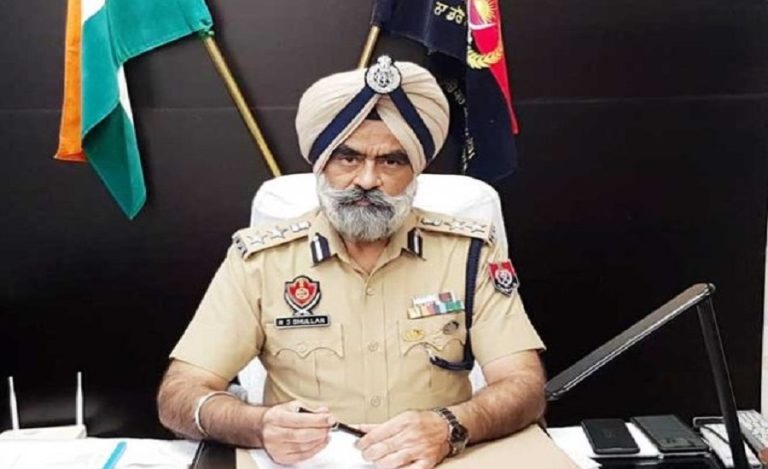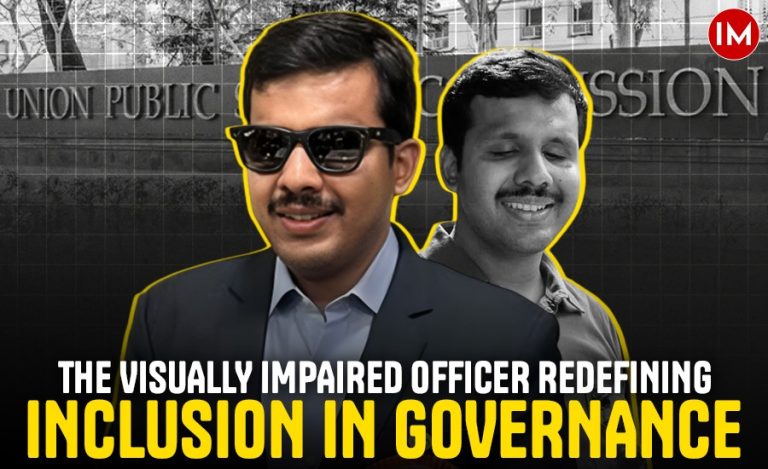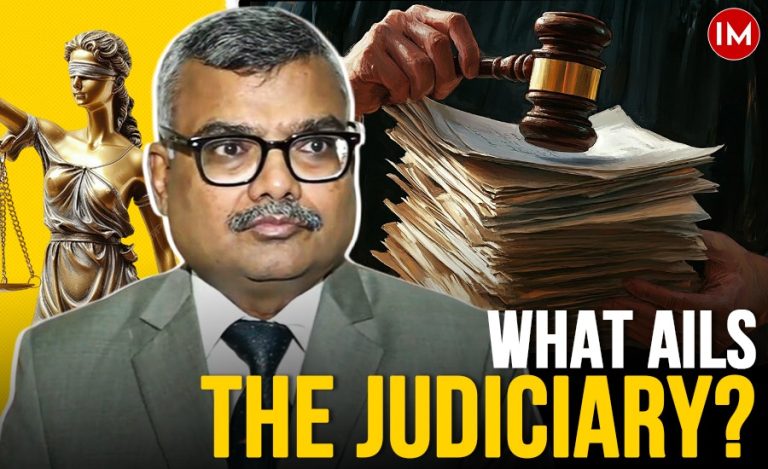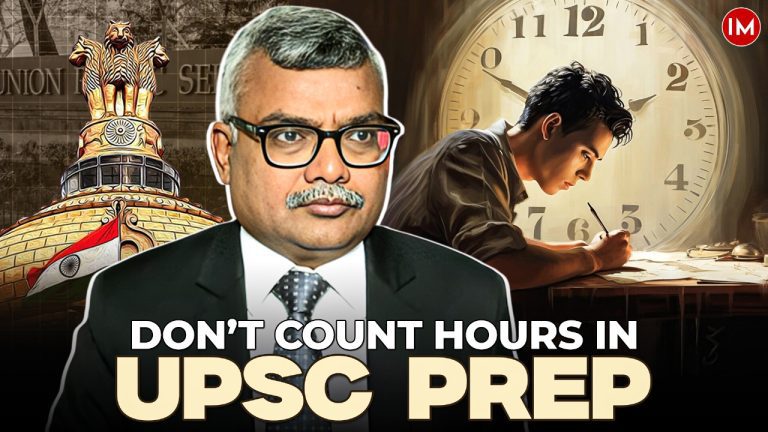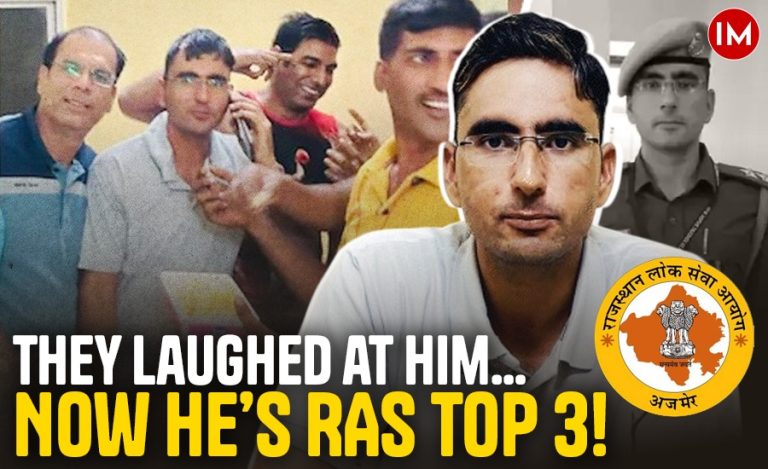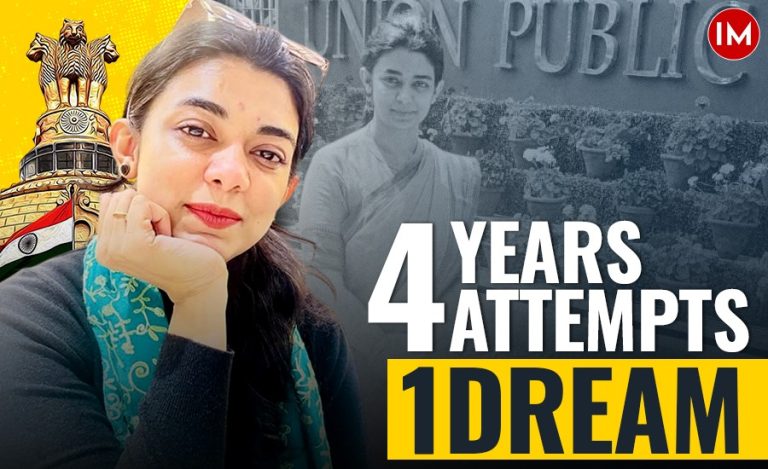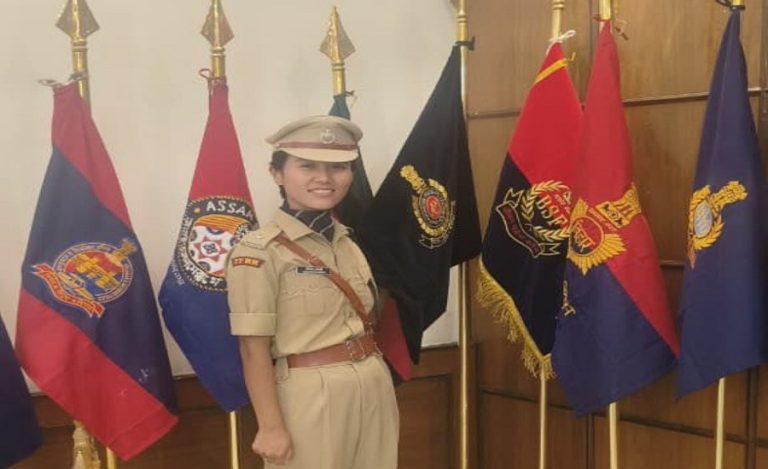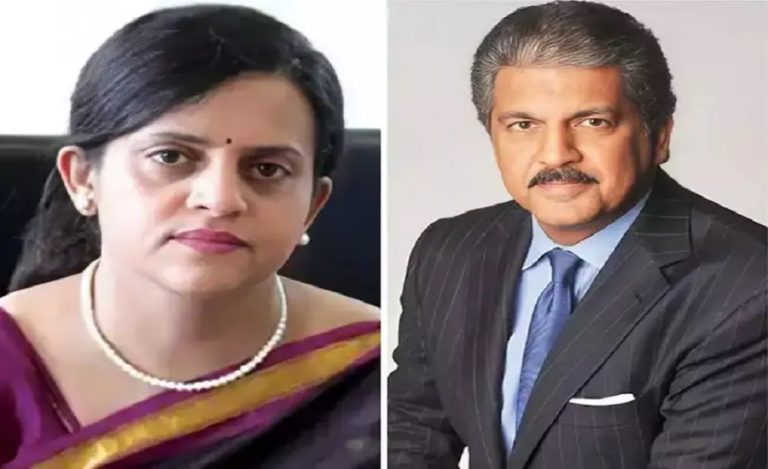In a landscape often painted with broad strokes of cynicism and sensationalism, the Indian police force frequently finds itself at the receiving end of public scrutiny. Yet, beneath the rigid uniforms and the demanding duties, lie myriad human stories – tales of dedication, dilemma, and often, quiet heroism. It is this rarely seen, deeply human dimension that O. P. Singh, the former Director General of Police (DGP) of Uttar Pradesh, masterfully brings to light in his latest offering, Through My Eyes: Sketches From A Cop’s Notebook.
This isn’t merely a memoir; it’s a mosaic of narratives, a collection of candid vignettes that invite the reader to step into the shoes of a top cop and witness the intricate dance between law, order, and life itself. Through My Eyes is a refreshing departure from typical police chronicles. Instead of a chronological autobiography, Singh presents a series of 42 short, impactful chapters.
Each story is a standalone anecdote drawn from his extensive career, spanning from his formative years to his impactful tenure in the Indian Police Service. This episodic structure makes the book incredibly engaging and accessible, allowing readers to dip in and out, much like flipping through a cherished photo album, as the author himself suggests.
One of the book’s most compelling aspects is its unflinching yet empathetic portrayal of the Indian bureaucracy and the challenges inherent in public service. Singh doesn’t shy away from highlighting the absurdities and inefficiencies that can plague the system. The widely circulated anecdote of a caterer, who was denied a paltry Rs 7,000 payment for serving chicken to then Prime Minister Chaudhury Charan Singh’s entourage decades ago because “the Prime Minister does not eat chicken,” is a prime example.
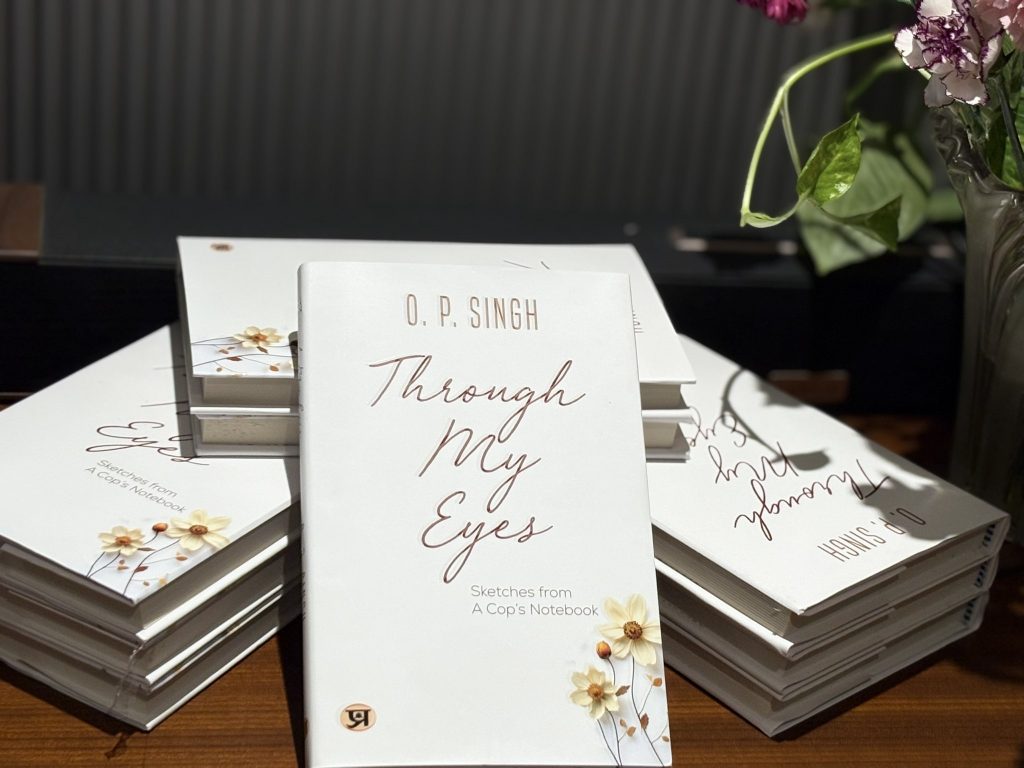
This seemingly trivial incident, recounted with a touch of wry humor, serves as a poignant commentary on the labyrinthine corridors of officialdom, where logic often takes a backseat to rigid rules and red tape. It’s a story that resonates deeply, offering a glimpse into the frustrations faced by ordinary citizens and the systemic inertia that can devour both small payments and grand intentions.
Beyond the bureaucratic quagmires, Singh delves into the very real, often harrowing, challenges faced by the “men in khaki.” He recounts incidents that underscore the immense pressure, the moral dilemmas, and the emotional toll of the job.
The chilling account of an “honour killing,” where a father brutally murdered his own daughter, is a stark reminder of the dark underbelly of society that police officers confront daily. Singh’s narrative here is not just about the crime but about the profound impact such incidents have on those tasked with upholding justice. He portrays the police not as infallible supermen, but as individuals grappling with complex human situations, often operating within legal limitations while striving to establish the rule of law.
What truly sets Through My Eyes apart is its emphasis on the humanistic side of policing. Singh consistently illustrates how empathy and a genuine desire to serve the public good can transcend the confines of authority. He recounts instances where small acts of kindness or a sensitive approach made a significant difference in the lives of vulnerable individuals.
This perspective challenges the often-negative public perception of the police, reinforcing the idea that good policing is not just about wielding power but about using it responsibly and compassionately. For instance, the incident of a Home Minister being unexpectedly stranded at a railway station and Singh personally stepping in to ensure his reception, highlights the resourcefulness and dedication often required beyond formal protocols.
The book also offers fascinating insights into the author’s interactions with various political figures, including a chapter dedicated to Uttar Pradesh Chief Minister Yogi Adityanath, where Singh shares a “softer side” of the leader. These anecdotes provide a rare, behind-the-scenes look at the dynamics between political leadership and law enforcement, adding another layer of depth to the narrative.
In essence, Through My Eyes: Sketches From A Cop’s Notebook is a compelling read for anyone interested in understanding the nuances of policing in India, the intricacies of bureaucracy, and the human stories that often go untold. O. P. Singh’s sincerity in language and his detailed, graphic narration make each story come alive.
It’s a book that doesn’t just inform but also inspires, reminding us that even within a demanding and often thankless profession, there are individuals who strive to make a positive impact, one human connection at a time. For aspiring civil servants, for those who believe in the power of public service, and for the common reader seeking a glimpse into a world rarely seen, this book is an invaluable and truly eye-opening experience.

